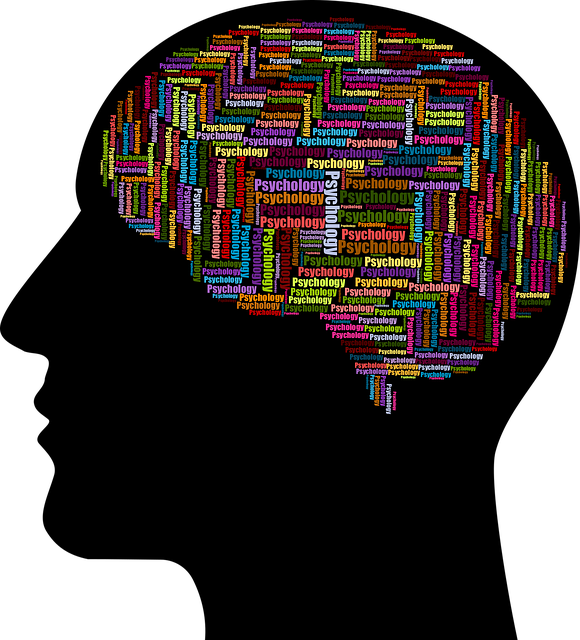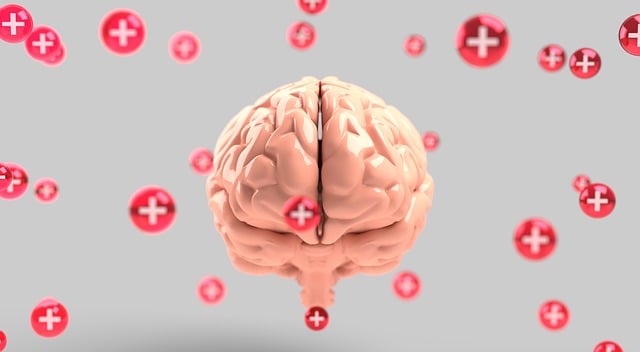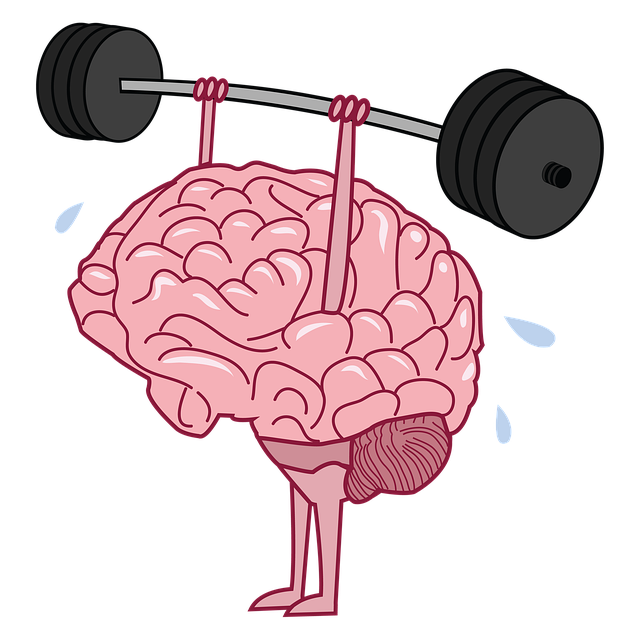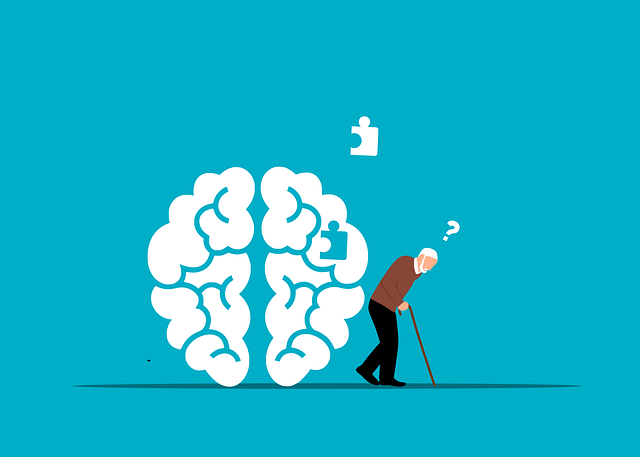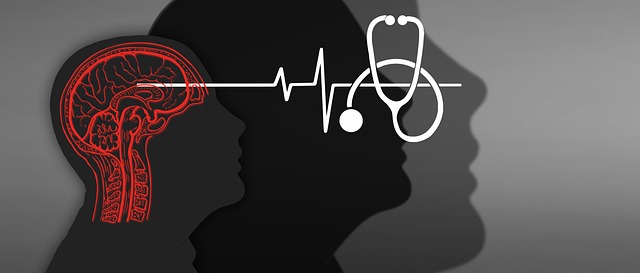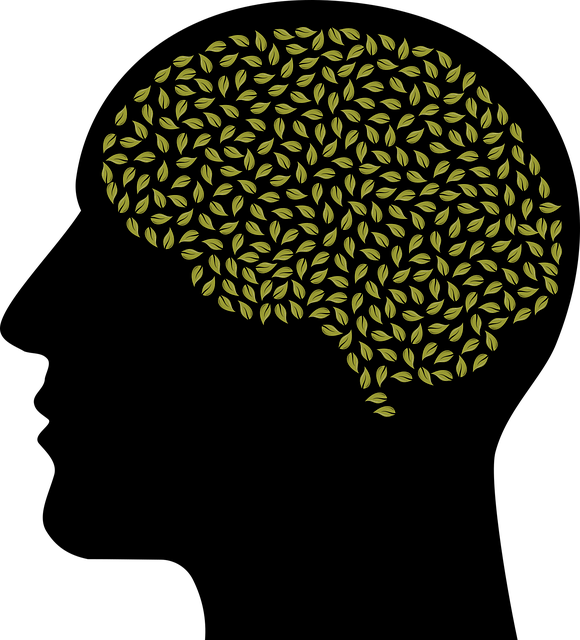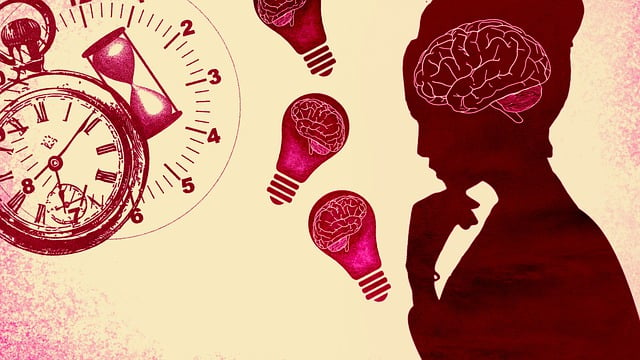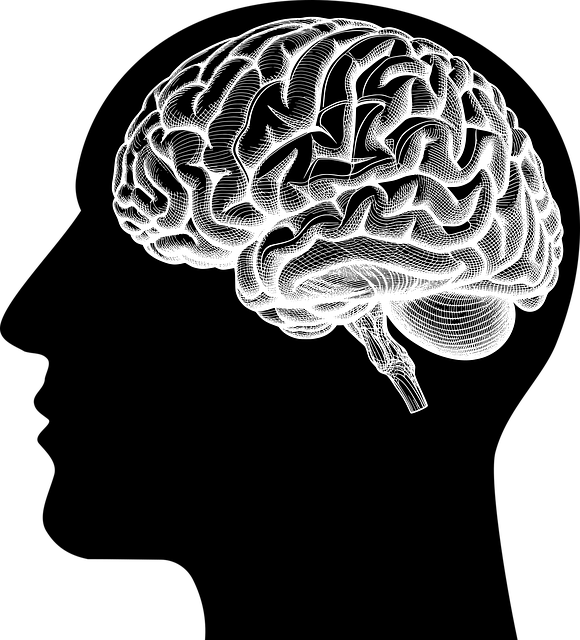Understanding mental health diagnoses is crucial for Northglenn residents seeking support, with various conditions like depression, anxiety, bipolar disorder, schizophrenia, and eating disorders requiring tailored treatments. Northglenn Self-Esteem Therapy offers powerful tools to address self-worth issues through cognitive-behavioral therapy and cultural sensitivity, fostering resilience and preventing relapses. Residents have access to diverse treatment options, including medication and alternative methods like mindfulness meditation and art therapy. Local initiatives like community groups and workshops enhance well-being by providing peer support, stress management techniques, and personalized recovery plans guided by strategies akin to those at Northglenn Self-Esteem Therapy.
Mental illness diagnosis and treatment navigation can be challenging, especially in understanding the diverse options available. This comprehensive guide is tailored for Northglenn residents seeking clarity and support. We explore key aspects of mental health, focusing on the role of self-esteem in recovery through therapy. Learn effective strategies to navigate healthcare systems and build personalized recovery plans, empowering you with tools for managing your well-being in Northglenn. Discover valuable insights into self-esteem therapy for a holistic approach to mental health.
- Understanding Mental Health Diagnoses: A Comprehensive Guide for Northglenn Residents
- The Importance of Self-Esteem in Overcoming Mental Illness: Strategies for Therapy
- Exploring Treatment Options: Medication, Psychotherapy, and Alternative Approaches
- Navigating the Healthcare System: Rights, Resources, and Support Networks in Northglenn
- Building a Personalized Recovery Plan: Tips for Effective Self-Care and Management
Understanding Mental Health Diagnoses: A Comprehensive Guide for Northglenn Residents

Understanding mental health diagnoses is a crucial first step for Northglenn residents seeking support. It involves recognizing and identifying specific conditions that impact an individual’s thinking, feeling, and behavior. Many people often use the term ‘mental illness’ as an umbrella term, but it’s important to know that various disorders exist, each with its unique set of symptoms and treatment options. For instance, depression, anxiety disorders, bipolar disorder, schizophrenia, and eating disorders are just a few of the many recognized conditions. A comprehensive guide can help residents navigate these complexities by providing insights into common signs, potential causes, and available treatments.
Northglenn self-esteem therapy, for example, focuses on building resilience and boosting confidence, which is particularly beneficial for individuals dealing with anxiety or low self-worth. Mindfulness meditation techniques have also gained popularity as a complementary practice, helping to manage symptoms of depression and stress. Cultural sensitivity in mental healthcare practice is another essential aspect, ensuring that residents from diverse backgrounds receive tailored support that respects their unique needs and beliefs.
The Importance of Self-Esteem in Overcoming Mental Illness: Strategies for Therapy

Mental illness can significantly impact an individual’s self-esteem and overall sense of worth. This is where Northglenn Self-Esteem Therapy plays a crucial role in the healing process. Building resilience starts with recognizing and challenging negative thoughts that contribute to low self-esteem. Therapists skilled in this area create safe spaces for clients to explore their feelings, uncover underlying beliefs, and develop healthier thinking patterns.
The journey towards recovery often involves strategies tailored to individual needs. This may include cognitive-behavioral techniques to manage symptoms of depression or anxiety, as well as fostering cultural sensitivity in mental healthcare practice. By addressing self-esteem issues head-on, individuals can gain the confidence needed to navigate life’s challenges and prevent future relapses.
Exploring Treatment Options: Medication, Psychotherapy, and Alternative Approaches

When exploring treatment options for mental health conditions, individuals often come across a variety of choices, each with its unique benefits and applications. Medication, for instance, plays a significant role in managing symptoms of depression, anxiety, and bipolar disorder. Antidepressants, mood stabilizers, and anti-anxiety medications are commonly prescribed by healthcare professionals after careful consideration of the patient’s specific needs.
Beyond traditional medication, psychotherapy stands as a powerful tool. Therapies like Northglenn Self-Esteem Therapy focus on addressing underlying issues through talk therapy, helping individuals develop coping mechanisms, enhance emotional intelligence (a key aspect often targeted in Mental Health Education Programs Design), and cultivate resilience. Alternative approaches, such as mindfulness meditation, yoga, and art therapy, also gain recognition for their ability to complement traditional treatments, offering a holistic approach that respects diverse communication strategies essential for effective mental health care.
Navigating the Healthcare System: Rights, Resources, and Support Networks in Northglenn

In Northglenn, individuals dealing with mental illness can find support and navigation assistance to manage their conditions effectively. Understanding one’s rights within the healthcare system is a crucial first step. Mental health patients have the right to informed consent, privacy, and access to a range of treatment options, including therapy and counseling services. Local initiatives like Northglenn Self-Esteem Therapy offer specialized programs tailored to individual needs. These services can help individuals develop coping strategies, enhance self-esteem, and navigate their mental health journeys with confidence.
Support networks play a vital role in recovery. The Stress Management Workshops Organization provides valuable resources for stress relief and burnout prevention, incorporating Mind Over Matter principles to empower residents. Community-based groups and online forums offer peer support, fostering connections and reducing the sense of isolation often associated with mental illness. By leveraging these local resources, Northglenn residents can access holistic care that addresses not just symptoms but also overall well-being.
Building a Personalized Recovery Plan: Tips for Effective Self-Care and Management

Creating a personalized recovery plan is a powerful tool for managing mental illness and fostering resilience. It involves tailoring self-care strategies to one’s unique needs, mirroring the approach offered by Northglenn Self-Esteem Therapy. Start by identifying triggers and developing coping skills; this could include mindfulness techniques, meditation, or engaging in creative outlets like art or writing. Regularly reviewing and adjusting your plan is crucial as recovery is a dynamic process.
Incorporate activities that promote self-compassion and empathy building strategies to enhance emotional well-being. This might involve setting realistic goals, practicing gratitude, or connecting with supportive communities. Additionally, learning risk assessment techniques from mental health professionals can help anticipate challenges and develop proactive solutions, ultimately empowering individuals to take charge of their recovery journey.
For Northglenn residents navigating mental illness, this comprehensive guide equips you with essential knowledge and tools. By understanding diagnoses, prioritizing self-esteem through tailored therapy strategies, exploring diverse treatment options, and harnessing local healthcare resources, you can chart a successful path to recovery. Remember, building a personalized recovery plan centered on effective self-care is key. Northglenn self-esteem therapy and supportive networks are available to help you thrive.
